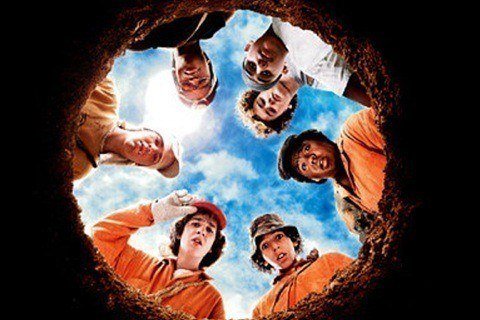
A hole is an opening in or through a particular medium, usually a solid body. Holes occur through natural and artificial processes, and may be useful for various purposes, or may represent a problem needing to be addressed in many fields of engineering. Depending on the material and the placement, a hole may be an indentation in a surface, or may pass completely through that surface. In engineering, a hole may be blind or through if it is partial or complete depth.
關於Holes
Based on the book of the same name, this film follows Stanley Yelnats as he is sent to a detention camp in the desert.
Holes的成就
Louis Sachar, who wrote the screenplay and book, makes a cameo in the film alongside his wife and daughter.
您不知道JHoles的熱門事實
Annulus (mathematics) - In mathematics, an annulus is the region between two concentric circles. Informally, it is shaped like a ring or a hardware washer. The word"annulus" is borrowed from the Latin word anulus or annulus meaning 'little ring'. The adjectival form is annular.. Depression (geology) - In geology, a depression is a landform sunken or depressed below the surrounding area. Depressions form by various mechanisms. Erosion-related: • Blowout: a depression created by wind erosion typically in either a partially vegetated sand dune ecosystem or dry soils.. Law of holes - The first law of holes, or the law of holes, is an adage which states:"if you find yourself in a hole, stop digging".. Sinus - A sinus is a sac or cavity in any organ or tissue, or an abnormal cavity or passage caused by the destruction of tissue. In common usage,"sinus" usually refers to the paranasal sinuses, which are air cavities in the cranial bones, especially those near the nose and connecting to it.. Tunnel - A tunnel is an underground passageway, dug through the surrounding soil/earth/rock and enclosed except for entrance and exit, commonly at each end. A pipeline is not a tunnel, though some recent tunnels have used immersed tube construction techniques rather than traditional tunnel boring methods.











